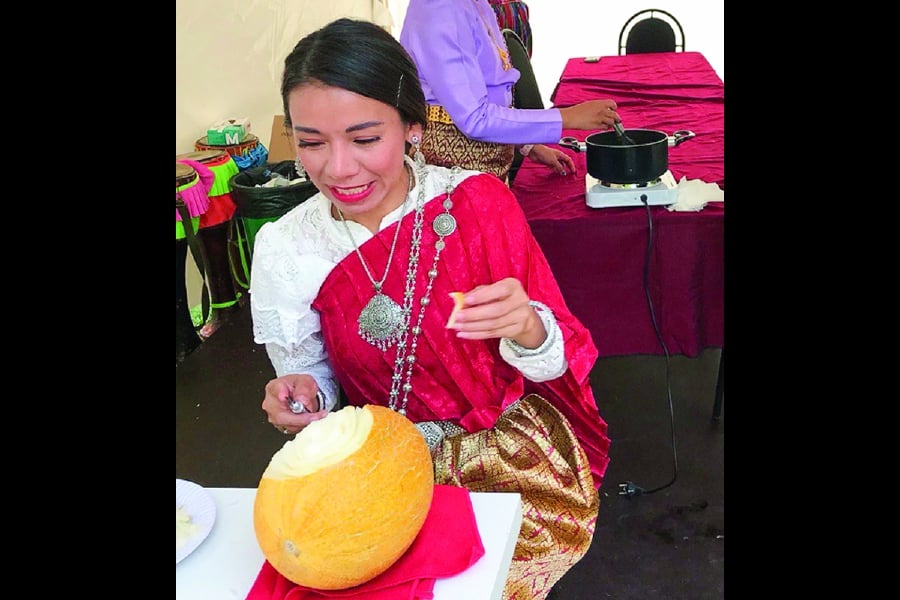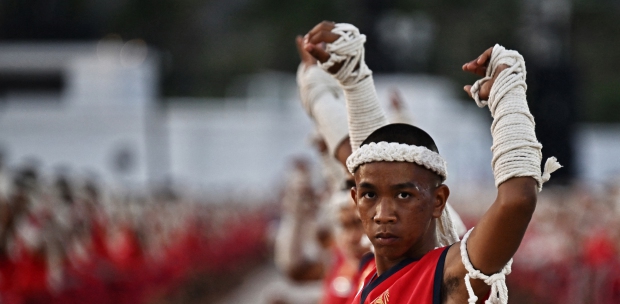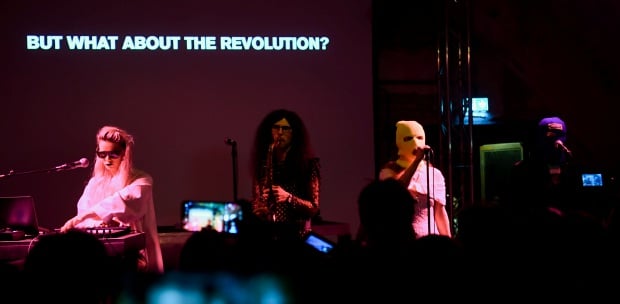FROM Aug 5 to 7, the Hermitage Garden in Moscow hosted the Thai Festival, a celebration of Thai culture, introducing guests to the art and religion of the distant Asian country, including its cuisine, crafts, martial arts and national attire.
The festival started in 2014 with the support of the Thai embassy and Moscow authorities. Since then, more than 50,000 people visit the event every year to learn more about the culture of mysterious Thailand.
Despite the almost tropical heat in Moscow (above 30°C), the Hermitage Garden was crowded. Everyone was curious to learn about the exotic culture of Thailand, including me and my family.
This is understandable. With its tropical beaches, royal palaces, ancient ruins and Buddhist temples, this country in Southeast Asia has long attracted tourists and explorers of Asian culture.
Dancers, musicians, masters of Thai crafts and martial arts, actors and chefs created an "island of Thailand" in Moscow, bringing this culture closer to us.
The festival programme в included a master class on fruit carving and a demonstration of Muay Thai. At the food market, you can try a variety of Thai cuisine and take part in culinary master classes. Plus, Thai massage sessions.
Another part of the festival was fashion shows by Thai and Russian designers, including one for a collection based on Thai silk. Well-known Thai jazz performers and artists from the television show Voice performed, too.
Cultural festivals on Southeast Asian countries in Moscow are not uncommon. Before the pandemic, four Indonesian festivals were held from 2016 to 2019.
In 2019, everyone could sign up for a classic Indonesian massage. There were classes on Pencak Silat and traditional dances, as well as gong meditation sessions.
Creativity was an essential element every year at the Indonesian festivals. One could learn how to make jewellery, how to draw, how to paint paper umbrellas and how to create patterns on fabric with melted wax, as well as how to decorate ceramic products.
At the food court, you could try beef rendang, satay, soto and murtabak — just like in Indonesia. Chefs also taught guests how to cook Indonesian dishes during culinary master classes.
And on the main stage, there were bright and colourful performances by artists from all over Indonesia. In the education zone, Indonesian was taught and lectures were given on culture and uncommon places to visit in the country of a thousand islands.
At the market, you could buy a wide variety of goods from Java and Sumatra, Papua and Bali.
On Aug 17, the Indonesian embassy will hold a cultural festival in conjunction with the country's Independence Day.
My friends who attended all these festivals are waiting for Malaysia, known for its rich culture and traditions, to also organise such a festival.
They would like to, among other things, get to know the arts, sports and cuisine of this multicultural country that is famous in the world like the tagline "Malaysia Truly Asia".
The writer, writing from Russia, is a former lecturer of Universiti Malaya





